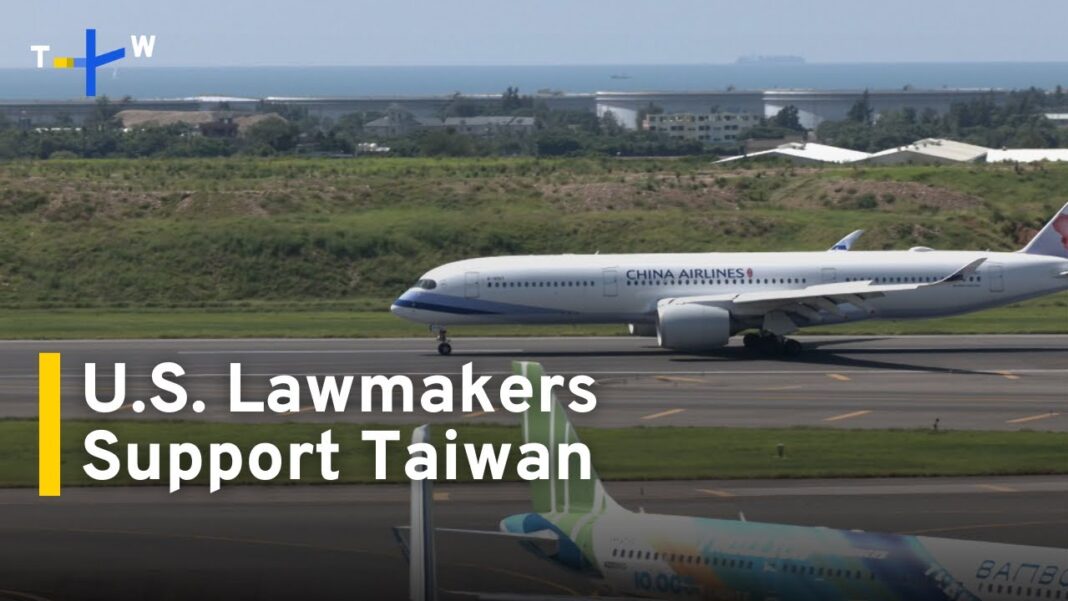The Convention of States would allow states to propose constitutional amendments to limit federal power, potentially reshaping the balance of governance in the U.S.
The Convention of States (COS) Action hosted its annual national conference this weekend in Indianapolis, as calls to rein in expansive federal spending, term limits and the power of the federal government have not subsided, despite President Donald Trump’s mandate to do so.
The Convention of States, driven by Citizens for Self-Governance, is a grassroots effort to utilize Article V of the U.S. Constitution to convene a limited state convention. It enables delegates to propose amendments targeting federal fiscal restraint, reduced government authority, and term limits for Congress and officials.
Meckler: “The future of the country is at stake”
To initiate the convention, 34 states (two-thirds) must pass resolutions. Any proposed amendments during the convention would require ratification by 38 states (three-fourths) to become law, which supporters claim is the stop-gap preventing what critics warn could devolve into a “runaway convention.”
Nineteen states to date have passed the Convention of States Article V application, with an additional six states granting passage in one chamber but not yet the other. Twenty-one other states are actively considering the Convention of States Resolution.
Just The News spoke to Mark Meckler, president of COS, about the gravity of their efforts in 2025. “I think the future of the country is at stake. I don’t think that’s an overstatement. Elections are always critically important, and every election is the most important election of our lifetime. There’s also a fundamental structural reform that has to take place at the level of the federal government that will never be done in Washington, DC.”
The Article V convention process has never been utilized in U.S. history, with all 27 constitutional amendments originating from Congress. Supporters claim it enables states to curb federal overreach independently, while opponents warn that it might exceed its intended scope, despite protections like focused agendas and a separate ratification process.
By Amanda Head








